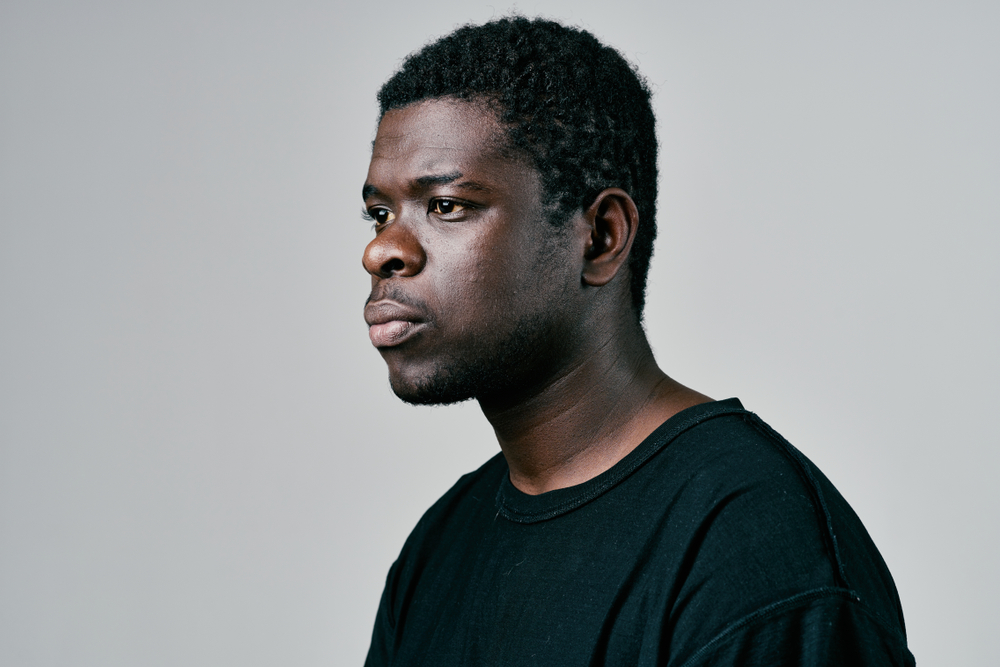With all the challenges of the last few years and the ongoing cultural war within American society, it’s no secret that anger is an emotion we all encounter occasionally. Whether it’s a frustrating commute, a disagreement with a colleague, or a misunderstanding with a loved one, anger is an intrinsic part of the human experience. However, a deeper exploration into the health effects of anger, particularly within the context of Black men’s well-being, reveals a complex interplay between emotions and health outcomes that merits our attention.
Like other emotions, anger is a natural response to perceived threats or injustices. It can be a powerful motivator for change, propelling individuals to confront adversity and challenge the status quo. However, when anger becomes chronic or is suppressed over time, it can harm one’s physical, emotional and psychological well-being. For Black men, who often navigate a unique set of societal pressures and systemic challenges, understanding the specific implications of anger on our health is crucial.
Anger activates the body’s stress response, triggering a release of hormones like adrenaline and cortisol. While this “fight or flight” response can be useful in immediate situations, chronic anger can lead to prolonged exposure to stress hormones. This constant activation of stress pathways has been linked to an increased risk of hypertension, heart disease, and other cardiovascular issues—health concerns that disproportionately affect Black men.
The everyday experiences of racism, discrimination and microaggressions can create a constant undercurrent of anger for Black men. We are bombarded daily with news of police shootings, wrongful arrests, community-based violence and the like. The 24-hour news cycle and prevalence of social media mean that we can almost not escape the reach of devastating stories. The cumulative effect of these experiences, known as racial battle fatigue, can lead to chronic stress that takes a toll on overall health. The constant vigilance required to navigate these challenges can contribute to a higher stress baseline, putting Black men at an increased risk for various health conditions.
Beyond its physical manifestations, chronic anger can also impact mental health. Suppressed anger, often rooted in societal expectations of Black men to appear strong and resilient, can lead to emotional numbness, depression and anxiety. The stigma surrounding mental health in many communities, compounded by cultural stereotypes, may discourage Black men from seeking help when needed. This can create a cycle of emotional suppression that further exacerbates the negative impact of anger on mental well-being.
Breaking the cycle of chronic anger and its detrimental effects requires a multi-faceted approach that addresses individual and systemic factors. Recognizing and validating emotions is a critical first step. Like everyone else, Black men have the right to express their anger in healthy ways without fear of judgment. Creating safe spaces for open dialogue within families, communities and support networks can foster emotional release and provide avenues for coping.
Additionally, adopting stress-reduction techniques can be invaluable in managing anger’s impact. Practices such as mindfulness meditation, regular exercise, and engaging in hobbies can help regulate emotions and reduce stress hormone levels. These approaches provide immediate relief and contribute to long-term health and well-being. Addressing the health effects of anger on Black men also requires advocating for broader societal change. Systemic racism and discrimination contribute to the unique stressors faced by this demographic, making it imperative to work towards dismantling these structures. By addressing the root causes of anger-inducing experiences, society can create an environment where Black men feel valued, respected and empowered to express their emotions openly.
Healthcare professionals must be attuned to the specific needs of Black men and provide culturally competent care. Many Black mental health professionals have made considerable effort in recent years, with organizations like Pennsylvania’s Black Men Heal leading the push for male-centered mental health support by licensed clinicians. Solutions must include recognizing the role of anger in health outcomes and addressing mental health concerns with sensitivity and understanding. Incorporating culturally relevant therapeutic approaches can help break down barriers and encourage individuals to seek the support they need.
Anger, a universal emotion, has a profound impact on our health and well-being. For Black men who navigate a unique set of challenges and experiences, understanding the role of anger in their lives is essential. By fostering open dialogue, promoting emotional expression and advocating for systemic change, we can create a world where anger is acknowledged as a valid emotion and its effects on health are minimized. We must work collectively to build a society that values the health and well-being of every individual, regardless of background or experiences.
Words by Kaba Abdul-Fattaah.








